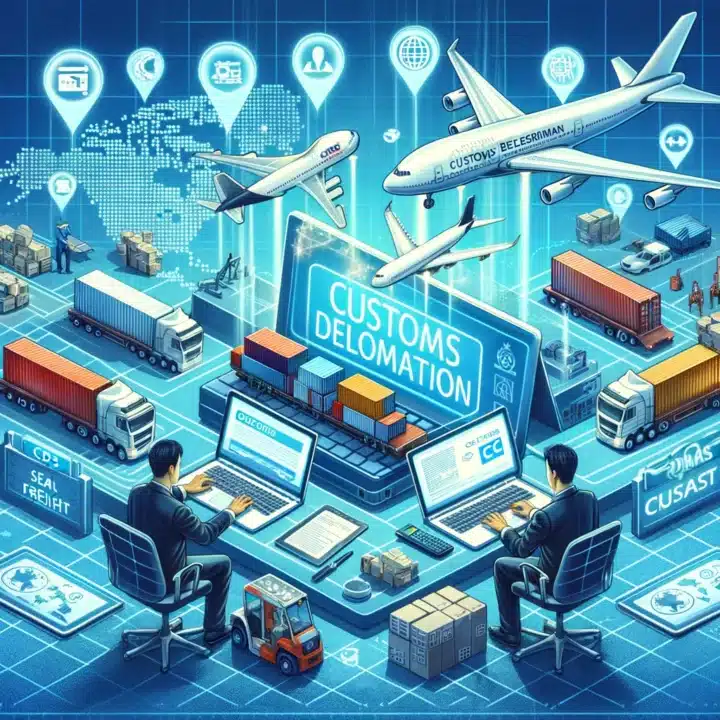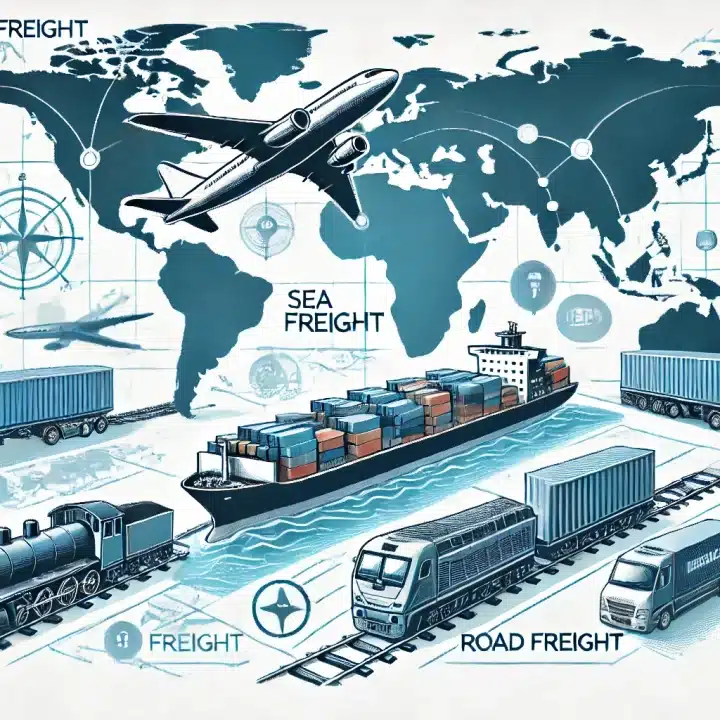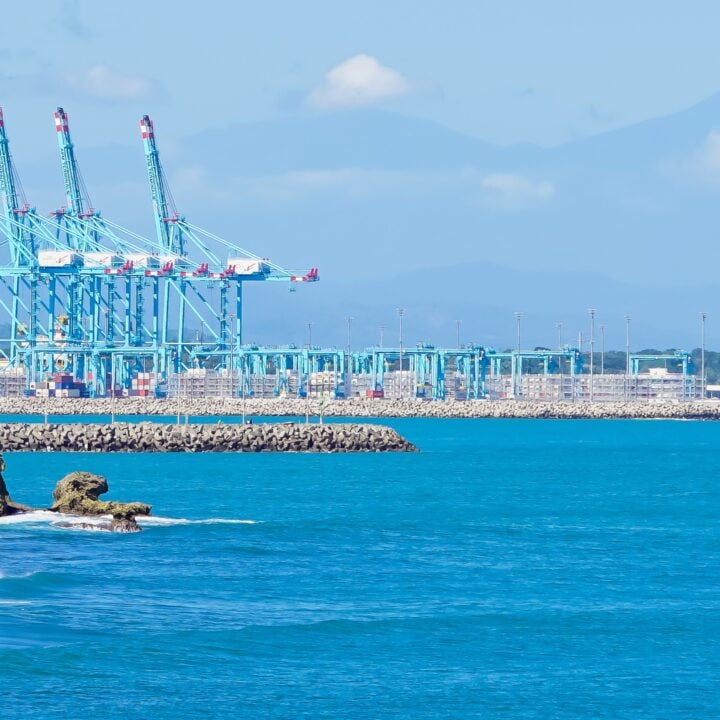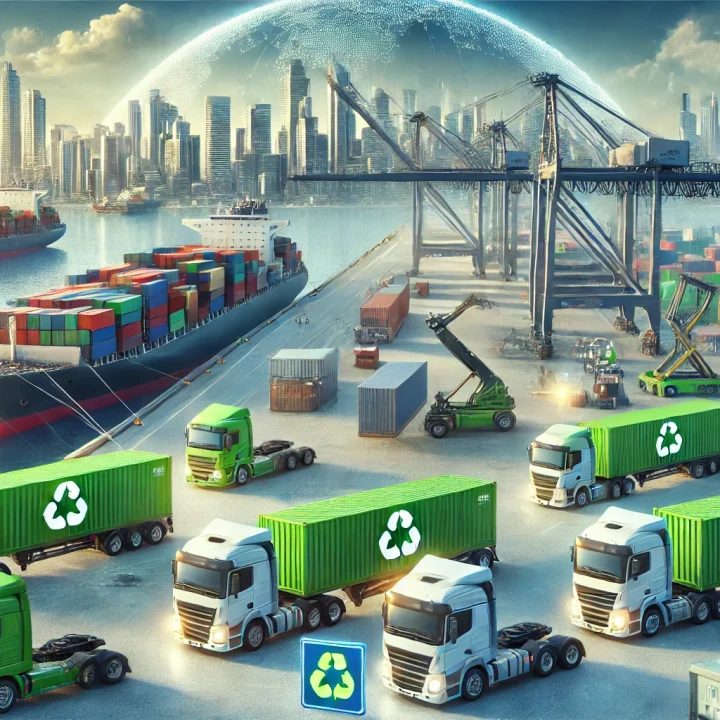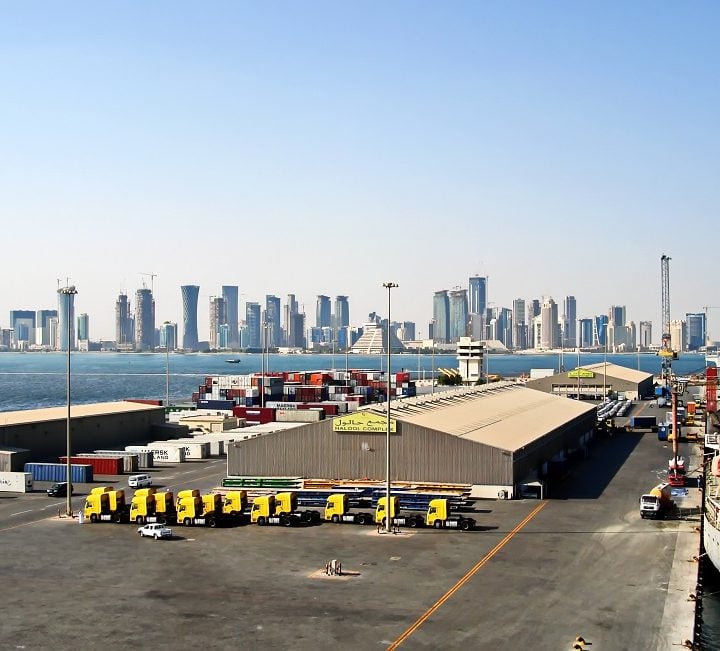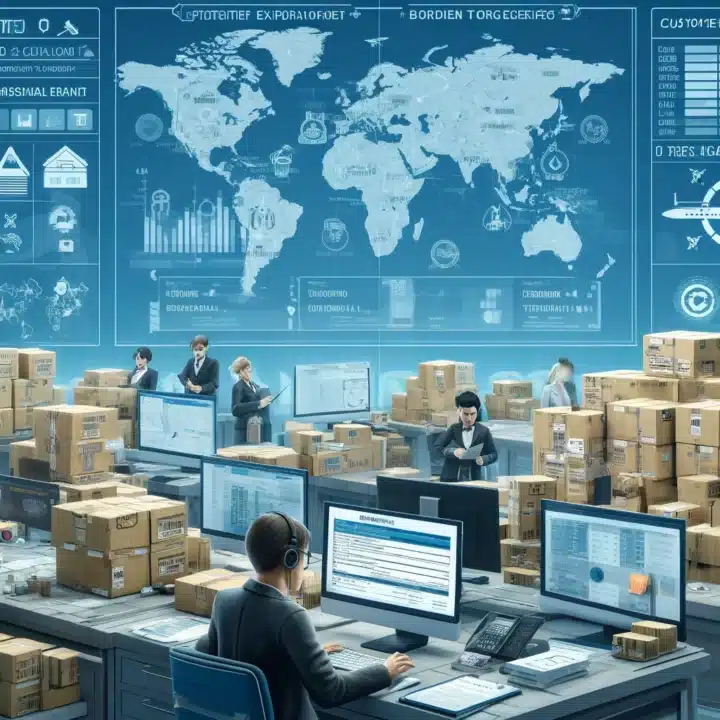
Logistics expands UK
Logistics in the UK
The expansion of unique logistics operations in the UK has become a key trend, particularly as the demands of global trade evolve and businesses seek more efficient, sustainable, and tailored supply chain solutions. This movement is exemplified by companies like Milky Way Logistics, a freight forwarding company based in the UK, which has been adapting and innovating within this changing landscape.
Milky Way Logistics operates in a sector where customization and the ability to manage complex supply chains are increasingly important. The company, like many in the field, is expanding its services to accommodate a range of needs, from standard freight forwarding to specialized logistics for unique items or high-value goods. This shift is partly driven by the growing complexity of international trade regulations and the need for more agile and responsive logistics solutions.
Digital Transformation
One of the most significant areas of expansion in UK logistics is the adoption of digital technologies. Companies like Milky Way Logistics are leveraging digital platforms to enhance visibility across the supply chain, improve the accuracy of tracking shipments, and streamline operations. This digital transformation includes the use of Internet of Things (IoT) devices for real-time data, artificial intelligence to predict and manage logistical challenges, and blockchain for secure and transparent documentation processes.
Digital transformation in the UK logistics sector is revolutionizing how companies like Milky Way Logistics operate, enhancing efficiency and accuracy across all stages of the supply chain. This transformation revolves around the strategic integration of several cutting-edge digital technologies, each contributing uniquely to the industry’s evolution.
Internet of Things (IoT)
IoT technology is a cornerstone of digital transformation in logistics. It involves the deployment of sensors and connected devices throughout the supply chain, which collect and transmit data in real time. For Milky Way Logistics, IoT can provide continuous monitoring of shipments, from temperature-controlled cargo to location tracking. This capability ensures that any deviations from expected conditions or routes are identified quickly, enabling proactive management of potential issues. Additionally, IoT devices can optimize warehouse operations, enhancing inventory management with automated updates and alerts when stock levels are low or when maintenance is required on equipment.
Artificial Intelligence (AI)
Artificial intelligence is reshaping logistics by introducing capabilities for advanced data analysis and decision-making support. AI can analyze vast amounts of data generated from various sources within the logistics network—like shipment tracking systems, customer feedback, and global trade patterns—to identify trends and predict potential disruptions. For instance, AI algorithms can forecast demand spikes, suggest optimal inventory levels, and even recommend the best shipping routes based on current traffic conditions, weather forecasts, and historical performance. This predictive capability allows companies like Milky Way Logistics to anticipate issues before they occur, reduce waste, and improve delivery times, significantly enhancing customer satisfaction.
Machine Learning (ML)
Closely related to AI, machine learning enables systems to learn from data, improve their operations over time, and automate decision-making processes without human intervention. In logistics, ML can be used for dynamic pricing models, where shipping costs are adjusted in real-time based on factors like demand intensity, available transportation modes, and delivery deadlines. Milky Way Logistics could employ ML to enhance its route optimization processes, continuously learning and improving the efficiency of delivery routes and load planning.
Blockchain
Blockchain technology offers a robust solution for enhancing transparency and security in logistics. It creates a decentralized ledger that records all transactions across a network, accessible by all parties but immutable and tamper-proof. This feature is particularly beneficial for documenting the chain of custody for goods, from origin to delivery, ensuring all stakeholders have access to reliable and unalterable records. For a company like Milky Way Logistics, blockchain could streamline customs clearances and reduce delays caused by paperwork discrepancies. It also adds a layer of security to transactions, helping prevent fraud in international trade, a significant concern for freight forwarders.
Digital Twins
A digital twin is a virtual replica of a physical asset, process, or system that can be used for various purposes, including simulation, analysis, and monitoring. In logistics, digital twins are used to model logistics networks and simulate the impact of potential changes or disruptions on operational efficiency. Milky Way Logistics could use digital twins to experiment with changes in the supply chain setup without risking actual operational stability, allowing for optimization of processes in a risk-free virtual environment.
Integration Platforms
Integration platforms facilitate the seamless exchange of information between different logistics systems and stakeholders. These platforms enable real-time data sharing and collaboration, crucial for maintaining the flow of information across the supply chain. By implementing such platforms, Milky Way Logistics can ensure that all parties, from suppliers to customers, are consistently informed about the status of shipments and any changes in scheduling or handling that may occur.
The adoption of these technologies by companies like Milky Way Logistics not only streamlines operations but also offers unprecedented levels of data-driven insights, operational transparency, and customer engagement. As digital transformation continues to evolve, it promises to further propel the logistics industry toward more responsive, efficient, and sustainable practices.
Sustainable Logistics
Sustainability is another critical focus area, reflecting both regulatory pressures and consumer expectations. Milky Way Logistics is part of a broader movement within the UK to adopt green logistics practices. This includes optimizing route planning to reduce fuel consumption, using eco-friendly vehicles, and implementing energy-efficient warehousing. Such measures not only contribute to environmental sustainability but also often result in cost savings and enhanced corporate reputation.
Niche and Specialized Logistics
As industries like e-commerce continue to grow, there is an increasing need for logistics services that cater to specific market segments or products. Milky Way Logistics, for example, might expand into niche areas such as cold chain logistics for pharmaceuticals or secure logistics for high-value electronics. These specialized services require not just standard freight forwarding but also additional safeguards, temperature controls, and handling expertise.
Brexit and Its Implications
Brexit has introduced both challenges and opportunities in the logistics sector. UK-based firms like Milky Way Logistics must navigate new customs regulations and potential delays at borders. However, this has also driven innovation in terms of how logistics operators manage cross-border operations, deal with customs brokerage, and provide advisory services to their clients on navigating the post-Brexit landscape.
Strategic Partnerships
Expanding logistics capabilities often involve forming strategic partnerships. For Milky Way Logistics, this could mean collaborating with tech companies to develop custom software solutions or with local logistics providers in other countries to enhance global reach. Such partnerships can extend the company’s capabilities and allow it to offer more comprehensive services to its clients.
Overall, the expansion of unique logistics solutions in the UK reflects a combination of adapting to new challenges and anticipating future trends. For companies like Milky Way Logistics, staying ahead in this dynamic environment means continuously innovating and adapting to provide value-added services that go beyond traditional freight forwarding.

